FREE NATIONWIDE HOME DELIVERY
🚚 Enjoy Our Free Home Delivery on Orders of 100,000 and Above! 🎁
With our expansive nationwide network of logistics partners, we proudly provide complimentary free home delivery for all orders totaling 100,000 or more! Now, you can shop from the comfort of your home and have your ordered security and communication products delivered right to your doorstep, without any extra cost.
Here's a quick rundown of how it works:
Browse through our extensive assortment of products showcased on our user-friendly website.
Select your desired items and add them to your cart, ensuring your total order surpasses the 100,000 threshold.
Proceed to checkout, and voilà! Your complimentary free home delivery will be seamlessly applied.
Whether you're upgrading your home security system or enhancing communication capabilities for your business, take advantage of this special offer to enjoy the convenience of doorstep delivery, completely free of charge.
For any inquiries or assistance, our dedicated customer support team is always here to help. Happy shopping!
Terms and conditions apply. Free home delivery offer valid for orders totaling 100,000 or more. Offer subject to change without prior notice.







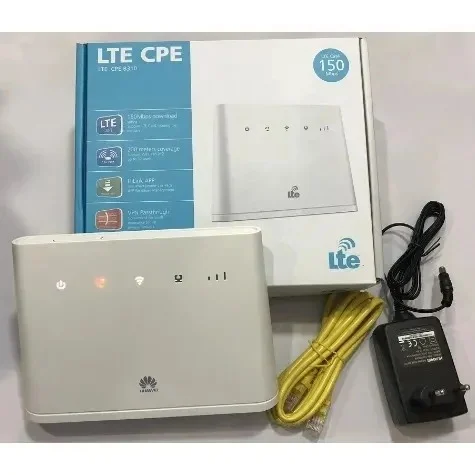
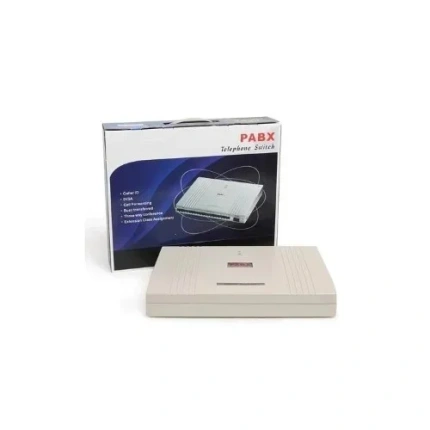
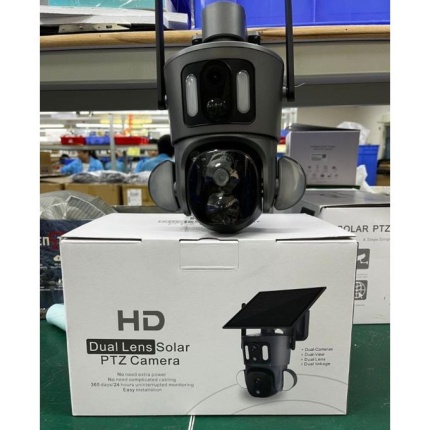




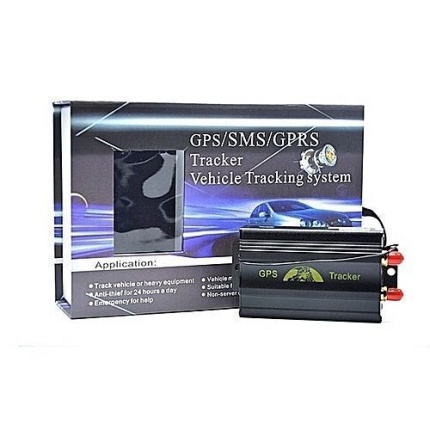
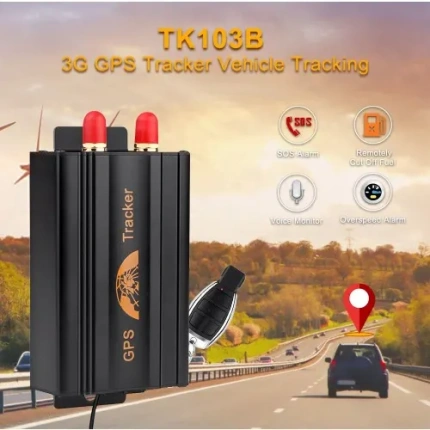
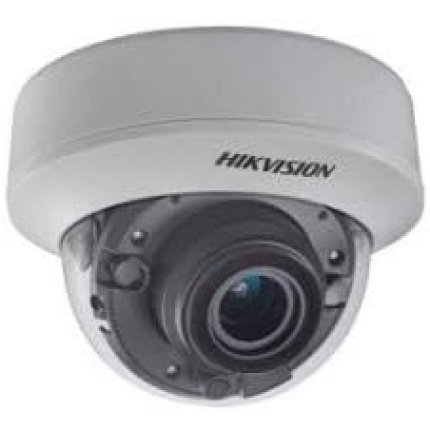
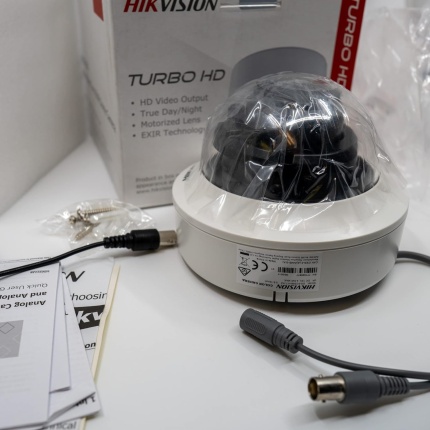
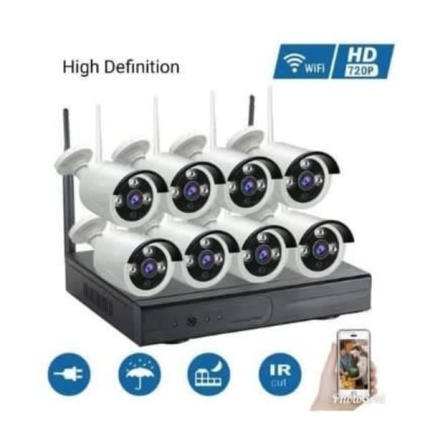
Reviews
There are no reviews yet.